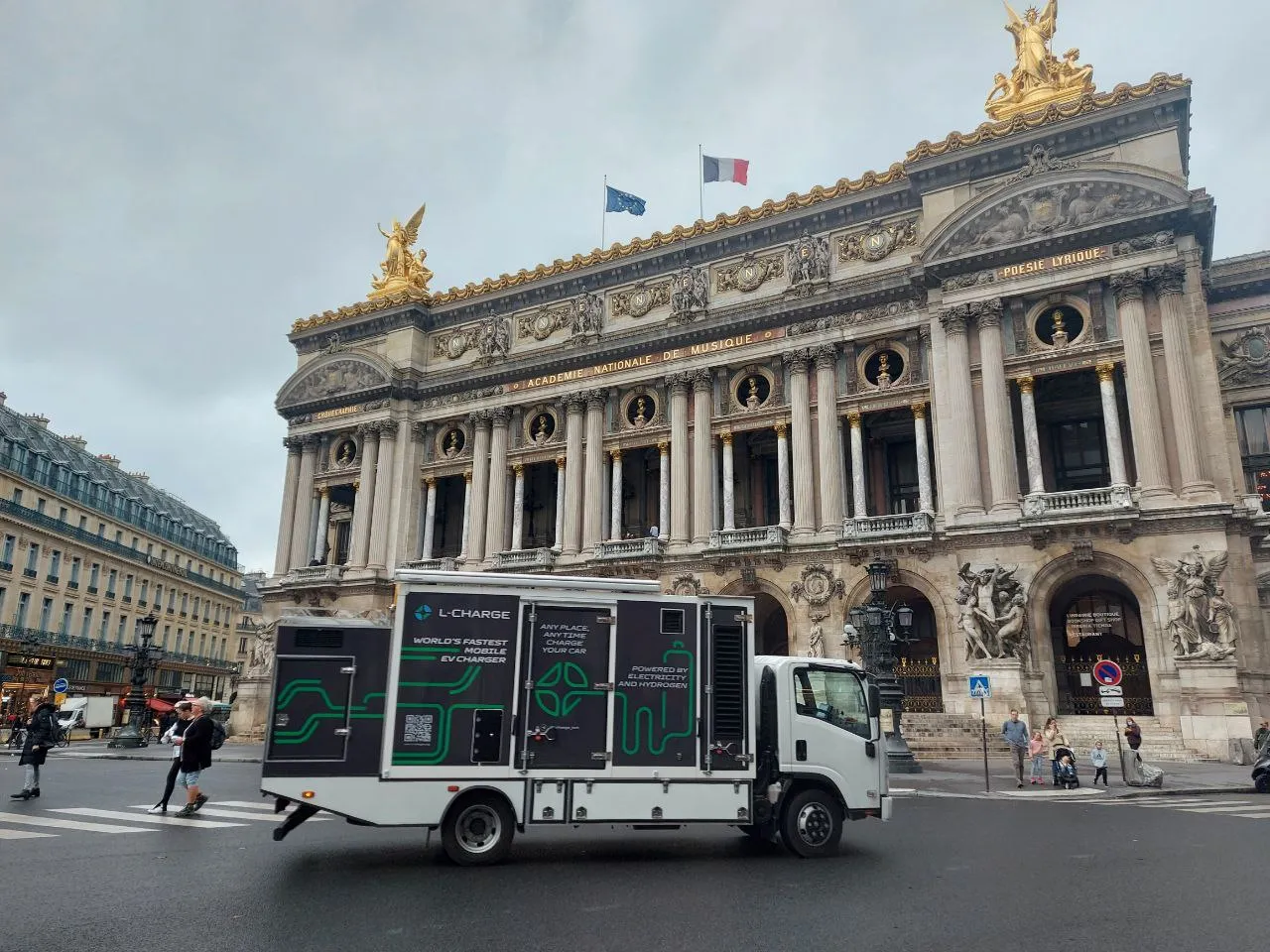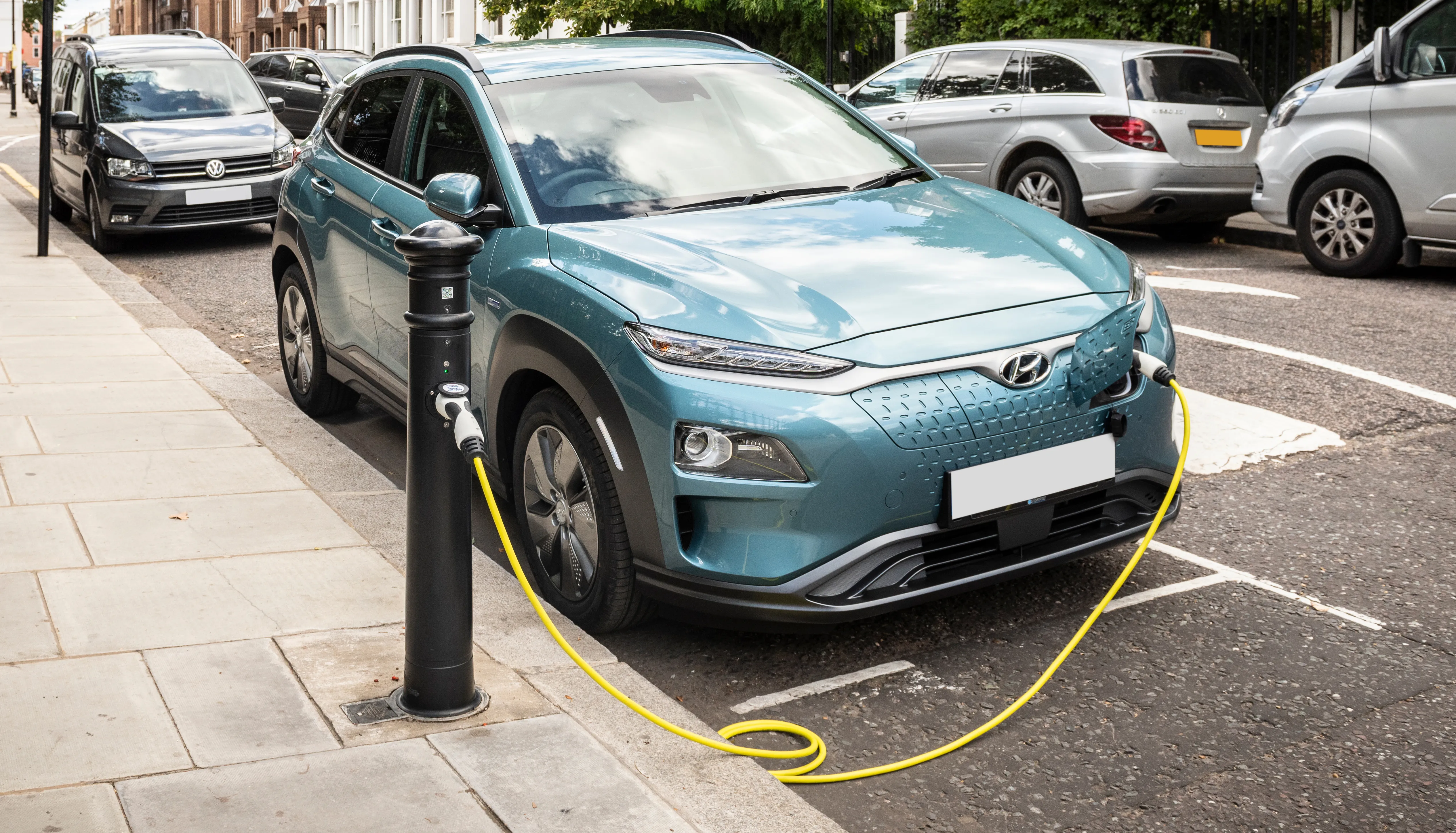Siemens is to provide the UK’s Electric Corby with its CP500A AC electric vehicle (EV) charging points at the first of ten locations in Corby, with a further eight locations being finalised. With the support of Corby Borough Council, the latest Siemens EV charging equipment will be installed over the coming weeks. According to Siemens, the network of Siemens EV charge points will help Corby strengthen its position as a leading edge location for ‘cleantech’ business investment, and bolster the wider Plugged
March 8, 2013
Read time: 2 mins
According to Siemens, the network of Siemens EV charge points will help Corby strengthen its position as a leading edge location for ‘cleantech’ business investment, and bolster the wider Plugged in Midlands programme and a growing national network of chargers supporting the emerging market for electric cars and light goods vehicles.
Siemens charging solutions are designed, built and installed for long term field deployment and high level of usage, making them sustainable long-term technology choices. The compact CP500A AC charging point can charge two vehicles at the same time, reducing installation and maintenance costs, and maximising space. It can be easily tailored to charging requirements, and offers key advantages with its high safety standards and modular design. It allows the integration of calibrated meters for the exact billing of charged energy and/or feed-in meters for exact offsetting of energy input with electricity providers.
Nick Bolton, Electric Corby project manager said: “Electric and hybrid electric vehicles will play a growing part in the future of transport in the UK. We are delighted that having secured funding to assist businesses that are gearing up for the future we can now start installing the infrastructure that will support the growth of Corby’s economy.”
Mark Bonnor-Moris, Siemens’ head of electro mobility, UK and Ireland said: “We fully support the innovative approach being made by Electric Corby and Corby Borough Council to the future transportation needs in the area and the promotion of electric vehicles to local commerce. This landmark project demonstrates transition from low-power, or ‘trickle’, on-street electric vehicle charging to high-power and rapid industry-grade facilities based at work premises, increasing investment and the utilisation of electric vehicles. We look forward to the further development of the scheme to more businesses in the area.”








